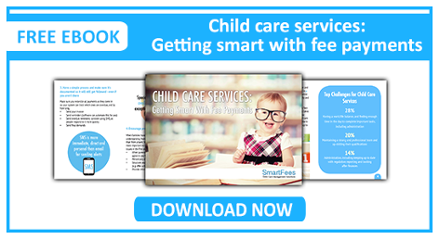Educators and teams working with children with additional support needs in Australia are supported to address access and participation barriers and support the inclusion of children with additional needs with their typically developing peers through the Inclusion Support Program (ISP).
Seven Inclusion Agencies cover the eight states and territories across the country, working with educators and leaders to create and sustain quality inclusive environments for children with additional needs.
Each agency has an established network of Inclusion Professionals to provide practical and tailored advice and support to services on effective inclusive practice, including techniques for improvement and solutions to address particular barriers.
The ISP has specific guidelines which cover information such as:
- How the program operates
- Eligibility requirements
- The role of Inclusion Agencies and the Inclusion Development Fund Manager
- How applications are assessed
The ISP has an Inclusion Support Portal, which offers educators and leaders access to a simple web based application through which they can access a range of support and services. The portal includes step by step help for services to develop an online Strategic Inclusion Plan (SIP) and apply for funding through the Inclusion Development Fund.
SIP - the base foundation for accessing help and support
A strategic inclusion plan (SIP) can be thought of as a foundational tool for getting help for a child, or children, who are attending ECEC.
In essence, the SIP is a roadmap which outlines the short and long term strategies the service will use to embed inclusive practices that support the inclusion of children with additional needs. When a service develops a SIP, they are showing not only where they are in terms of their present levels of inclusion, but also where they hope to travel.
Developing a SIP is the first step to accessing ISP support, including funding through the Inclusion Development Fund (IDF). When a service creates a SIP, it is building a foundation which will help it to identify and understand the reasons for the support it needs, prior to an inclusion agency creating a SIP record in the inclusion support portal.
More information about SIPs is available here.
Unpacking the Inclusion Development Fund (IDF)
The Inclusion Development Fund (IDF) is managed nationally by KU Children’s Services in partnership with Include Me who are contracted to provide a nationally consistent and equitable management of the IDF.
The IDF has found streams of funding, each of which have different eligibility criteria, application processes and approved funding processes. The four streams are:
- IDF Subsidy for an Additional Educator
- IDF Subsidy for Immediate/Time Limited Support
- IDF Subsidy – Family Day Care Top Up
- IDF – Innovative Solutions Support
All children included in an Inclusion Development Fund (IDF) application or approval must meet the eligibility requirements for Child Care Subsidy. This includes meeting residency rules and immunisation requirements. The Inclusion Support Program and Child Care Subsidy Eligibility Requirements Fact Sheet has further information.
How can services get started on the Inclusion pathway?
Step 1: Contact the relevant local Inclusion Agency (IA) - details are available on the ISP Provider List.
Step 2: Complete a Strategic Inclusion Plan (SIP) in collaboration with the IA
Step 3: Identify the need for specialist equipment and, if needed, work with IA to source
Step 4: Is funded support through the IDF required?
Step 5: Create a case on the IS Portal - if IDF support is needed, service logs on to IS portal, creates an IS case, and completes the information needed.
Step 6: Assessing an application - the IDF manager will assess the application, and advise of the outcome.
Step 7: Outcome - should an application be approved the IDF manager will send the service an approval letter via email, outlining key information.
Where to go for further support
IDF Manager, KU Children’s Services, has a range of information sheets, guides and supports. The Department of Education, Skills and Employment has shared information for service providers of all types, with ISPs in all states and territories having location specific information relevant to their area.



